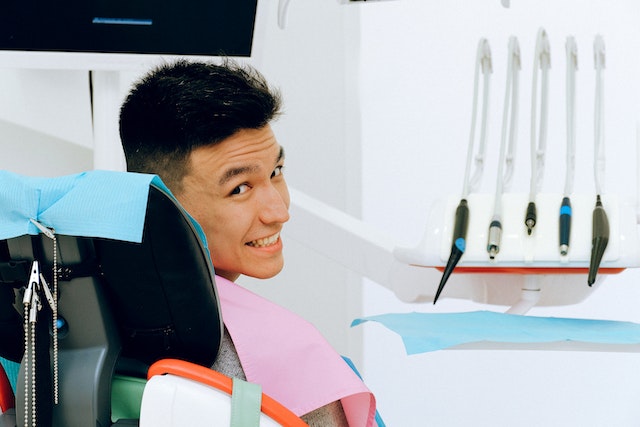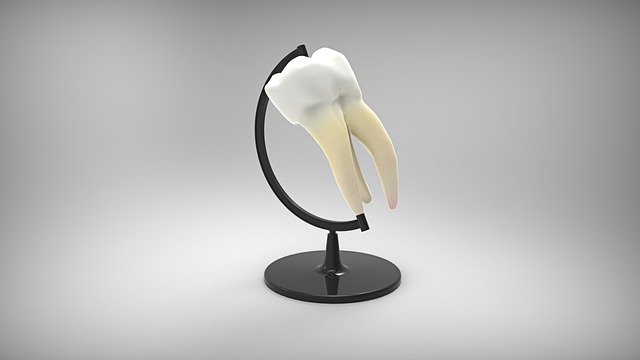The History of Tooth Extraction
The existence of toothaches dates back to teeth development, making tooth extraction one of history’s oldest dental procedures. Throughout centuries, oral surgery has been an integral part of ancient and modern societies alike. As a result, people all over the world now enjoy better oral health and a higher quality of life.
In today’s world, we can easily cope with toothache thanks to skilled wisdom teeth removal specialists in Escondido and surrounding areas, but what did poor Homo erectus do when he had the same problem? The following article will shed a little more light on it and remind us of the crucial role the dental industry has played over the years. Let’s dive right in!
When was oral surgery invented?
As human civilization has evolved, society has developed strategies for preventing tooth decay. This is a fascinating, intriguing story, featuring famous figures contributing in unexpected ways to bring us to where we are now:
Ancient oral surgery
Significant tooth decay did not occur until hunter-gatherer societies became agrarian. It may surprise you to learn that oral surgery dates back to between 500 and 300 BCE, a period in which historians discovered texts from Hippocrates and Aristotle discussing everything from removing teeth to wiring jaws.
In ancient times, the Etruscans made great advances in dentistry. Though they are best known for their sculptures, dental health was also one of their early innovations. In fact, the Etruscans were one of the earliest civilizations to use dental prosthetics, inventing gold crowns and fixed bridges.
Oral surgery during the Middle Ages
Dental care has become more and more widespread over the years, although its specialists come from a completely different field of study. For instance, during the period between 500 AD to 1100 AD, many of the surgical procedures were carried out by well-educated monks. Furthermore, back in the day, barbers in Europe did not only cut hair, they also performed other operations, including tooth extractions.
These early years of oral surgery were, without a doubt, primitive. At that time, preventative care measures were nonexistent. Typically, a dental disease could only be treated by removing the affected tooth. The primary objective of this procedure was to alleviate the pain patients were experiencing. To get there, oral specialists removed teeth with a forceps-like device. Either no anesthesia was administered or alcohol was consumed as a dulling agent.
The development of modern dentistry
From here, oral surgery grew steadily. In the 1900s, science and industry made great advances. The World Wars and the surgical treatment of battlefield injuries resulted in significant advances in surgical techniques and anesthesia.
Nowadays, oral surgery is one of the most exciting fields. So many changes have taken place that it’s hard to keep track of them all. Fluoridated water, electric toothbrushes, precision cast fillings, laser surgeries, dental implants, and pinhole surgical techniques are just some of the dental innovations that have revolutionized dentistry. Furthermore, stem cell research has opened up a world of medical possibilities that were inconceivable fifty years ago. Soon, it may be possible to grow human teeth.
Wisdom teeth removal specialists in Escondido & the Temecula region
There may be times when an emergency dental extraction is necessary, however, it doesn’t have to be painful or unpleasant. Let us handle it for you. Dr. Tsvetov has a reputation for being one of the top prosthodontists in the Escondido area, having extensive training and years of experience. As a patient, you can trust him to explain everything to you in advance and to take good care of you throughout the procedure. Also, count on us to recommend appropriate tooth replacement solutions in case you’ve just had an emergency extraction.
And no worries, you don’t have to understand dental jargon to get what you need. As part of your evaluation, we’ll discuss the available anesthesia options with you and let you choose one that works for you. Get your free consultation today!
Comments are closed.



